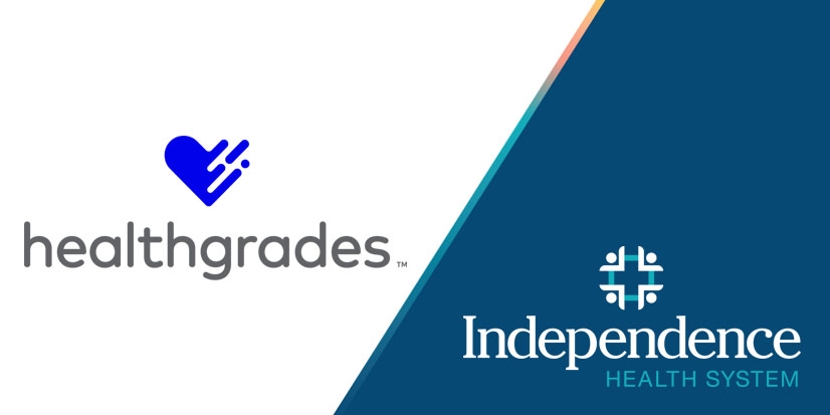Independence Health System Continues to Achieve National Recognition for Exemplary Heart and Stroke Care
- Category: Leadership & Accolades, Cardiovascular Care, Stroke Education
- Posted On:

American Heart Association Awards Recognize Health System’s Ongoing Commitment To Delivering Exceptional Evidence-based Care
BUTLER, PA, JULY 23, 2023 …Independence Health System has once again achieved national recognition for adhering to the highest standards for life-saving cardiovascular care. The Get With The Guidelines (GWTG) and Mission: Lifeline achievement awards from the American Heart Association are only awarded to facilities that demonstrate an unwavering commitment to following up-to-date, research-based guidelines for the treatment of heart disease and stroke, ultimately leading to more lives saved, shorter recovery times and fewer readmissions to the hospital.
Most recently, four of the five Independence Health System hospitals -- Butler Memorial, Frick, Latrobe and Westmoreland -- are all recipients of the GWTG: Gold Plus Achievement Award; Clarion Hospital is not currently participating in these recognition programs. To be recognized each hospital must maintain an 85% or higher adherence to all applicable achievement measures indicated by the American Heart Association, and 75% or higher adherence with additional select quality measures in stroke for a minimum of two consecutive years. The participating hospitals are repeat honorees in this category.
Every 40 seconds, someone in the United States has a stroke or heart attack, and heart disease and stroke are the No. 1 and No. 5 causes of death in the United States, respectively. A stroke occurs when a blood vessel that carries oxygen and nutrients to the brain is either blocked by a clot or bursts. When that happens, part of the brain cannot get the blood and oxygen it needs, so brain cells die. Early stroke detection and treatment are key to improving survival, minimizing disability and accelerating recovery times. Studies show patients can recover better when providers consistently follow treatment guidelines.
Westmoreland Hospital also holds the Mission: Lifeline Award which is bestowed upon hospitals and emergency medical services for compliance in implementing American Heart Association/American College of Cardiology Foundation clinical treatment guidelines for severe heart attack patients upon first medical contact at or before hospital arrival over the course of one calendar year.
“The hospitals of Independence Health System are committed to improving care by adhering to the latest treatment guidelines and streamlining processes to ensure timely and proper care for heart attacks and strokes,” said Carol Fox, MD, FAAFP, System Chief Medical Officer. “We are proud of the collaborative efforts, clinical skills and dedication that our teams have put into practice, ensuring patients experience longer, healthier lives.”
Butler Memorial further achieved the Target: Stroke Honor Roll, demonstrating the hospital met the criteria that reduces the time between an eligible patient’s arrival at the hospital and treatment with the clot-buster alteplase.
In addition, Butler Memorial is recognized for achieving the Target: Type 2 Diabetes Honor Roll Award for ensuring patients with Type 2 diabetes, who may be at higher risk for complications, receive the most up-to-date, evidence-based care when hospitalized due to stroke.
Independence Health System offers patients a robust cardiovascular program, beginning with medical management of heart disease by noninvasive cardiologists; device implantation and minimally invasive repairs by interventional cardiologists, and leading edge robot assisted surgery performed by cardiac, thoracic and vascular surgeons. Program honors include national recognition by the Society for Thoracic Surgeons, American Heart/Stroke Association, the American College of Cardiology and US News, among others. Such recognition assures adherence to the highest clinical standards and results in shortened procedures, less post-operative recovery time and less risk for complications.

